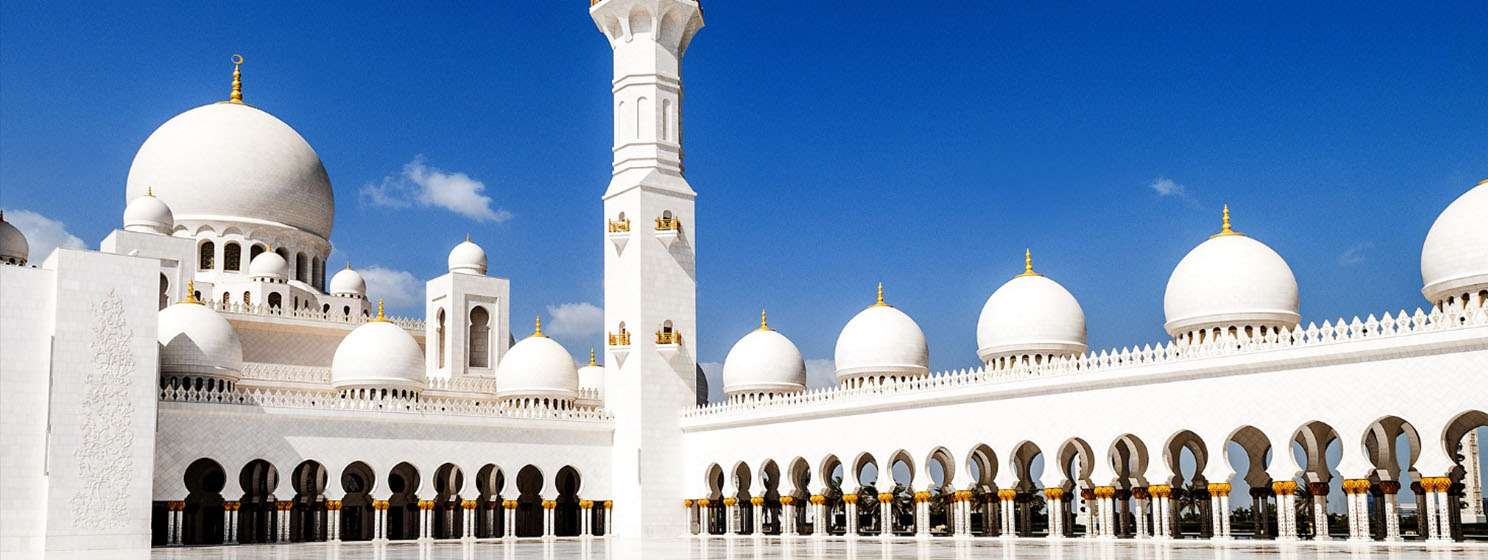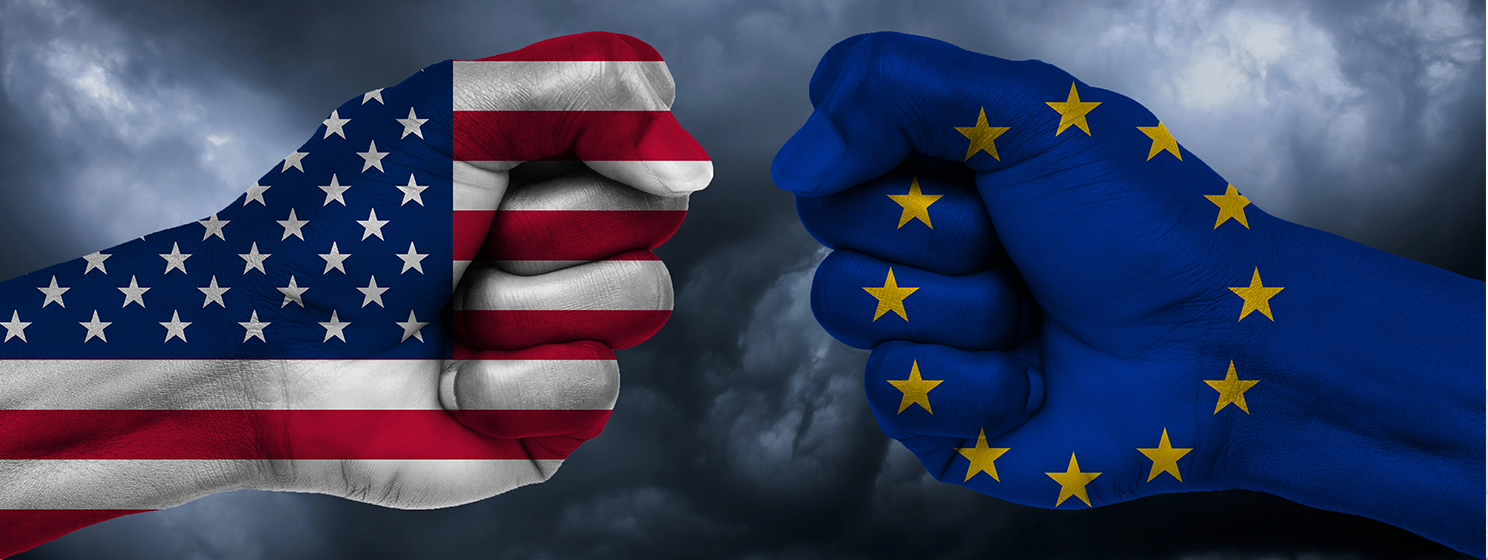|
Getting your Trinity Audio player ready...
|
In the Muslim world, Eidiya remains a beloved tradition that brings families together. This year, there was a twist, with thousands of Muslims in the United Arab Emirates gifting their loved ones with digital assets.
Eidiya is a tradition of giving gifts to family members in celebration of the Eid al-Fitr holiday. While cash gifts are the most common, some also gift toys and sweets to the younger family members. However, according to a report from one local outlet, many in the UAE switched to digital asset gifts this year as adoption in the Middle Eastern nation skyrockets.
Economy Middle East reports that many who chose to gift digital assets described them as forward-thinking gifts whose value would increase in the future.
“Gifting digital assets this Eid not only honors tradition but also empowers recipients with a stake in the burgeoning digital economy,” Bitpanda’s Nadeem Ladki told the outlet.
The UAE has become a digital hub in recent years. According to Chainalysis, the country’s regulatory clarity has been the biggest tailwind, with regional regulators in Dubai and Abu Dhabi making it easier to license a virtual asset service provider (VASP) in the two cities than in most jurisdictions globally. A separate report by British consultancy Henley & Partners ranked the UAE third globally for adoption, with only Singapore and Hong Kong ranking higher.
The country is now reaping the rewards of its enabling policies. Economy Middle East reports that the top 50 digital asset apps received 15 million downloads over the past year in the UAE, a 41% increase year-on-year. Of these, 3.5 million were in January this year alone. Experts project that nearly 40% of UAE residents will hold digital assets by the end of this year, an unprecedented rise that would rank the country first globally by share of the population holding digital assets.
Last year, the UAE attracted over $30 billion in digital assets. This is no mean feat; for context, in 2023, the country brought in $30.4 billion in total foreign direct investment.
Beyond the UAE, the rest of the Middle East has seen rapid growth in adoption over the past few years. Combined with North Africa (together as MENA), the region brought in $339 billion in digital assets in the year ending June 2024, Chainalysis revealed. This accounted for 7.5% of total global volume. Turkey remained the dominant force with $137 billion in inflows, ranking it 11th globally for adoption.
However, data showed that the region’s digital asset activity is dominated by institutional activity. Transactions valued at $10,000 or more accounted for over 90% of the volume.UAE to launch digital dirham in Q4
While digital asset adoption soars, the UAE central bank is marching on with its central bank digital currency (CBDC) initiative. According to a local report, the bank intends to launch the retail digital dirham before the end of the year.
Speaking during the launch of new symbols for the national currency, Governor Khaled Mohamed Balama revealed that the central bank is targeting a fourth quarter launch. Residents will access the CBDC via licensed institutions such as banks and fintechs.
The top bank will also release a digital wallet for both individuals and merchants. The wallet will support payments, cross-border transfers, withdrawals, top-ups, and redemption.
Crucially, the digital dirham network will involve blockchain technology.
“It is anticipated that the Digital Dirham as a blockchain-based platform with cutting-edge capabilities shall substantially enhance financial stability, inclusion, resilience, and combating financial crime,” the governor commented, as reported by local English language newspaper Khaleej Times.
“It will further enable the development of innovative digital products, services, and new business models while reducing cost and increasing access to international markets.”
The UAE would be the first in the Middle East to launch a CBDC, and while a few countries globally have launched digital currencies, it would be the first high-income economy to take the plunge.
The country would also buck a trend where advanced economies have been pivoting away from retail to wholesale CBDCs. A report by the Bank for International Settlements (BIS) last year revealed that only 27% of developed countries were interested in a retail CBDC; in contrast, 81% are running proofs of concept with a wholesale CBDC.
Watch | Middle East governments trying to find good use cases for blockchain: Ahmed Yousif

 02-24-2026
02-24-2026 




